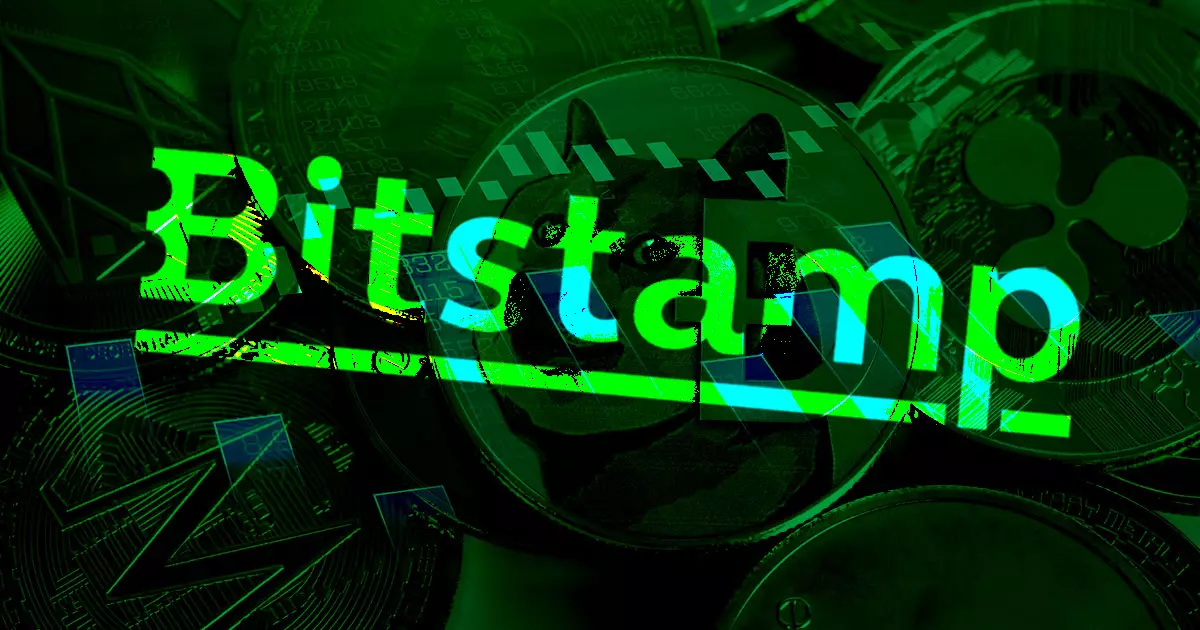Bitstamp, a prominent cryptocurrency exchange, announced on August 8 that it would suspend U.S. trading for several cryptocurrencies that have been classified as securities in recent legal cases involving other exchanges like Binance and Coinbase. The affected tokens include Axie Infinity (AXS), Chiliz (CHZ), Decentraland (MANA), Polygon (MATIC), Near Protocol (NEAR), The Sandbox (SAND), and Solana (SOL). This move to delist these assets reduces Bitstamp’s listed cryptocurrencies to 30. Bitstamp has advised its U.S. customers to execute trades involving these tokens by August 29, as trading will be permanently disabled for U.S. users after that deadline. However, they will still be able to withdraw and hold the delisted tokens.
Bitstamp’s Ongoing Examination of the Regulatory Environment
Bitstamp’s decision to delist these cryptocurrencies is rooted in “recent developments” within the regulatory landscape. While the company did not explicitly elaborate on these developments, it is worth noting that all the affected cryptocurrencies were identified as securities in cases pursued by the U.S. Securities and Exchange Commission (SEC) against Coinbase and Binance. As part of its commitment to compliance, Bitstamp continuously evaluates the regulatory environment and adjusts its offerings accordingly.
Odd Exception for Certain Tokens
Curiously, Bitstamp has chosen not to delist certain assets mentioned in the SEC cases against Coinbase and Binance. These assets include Cardano (ADA), Nexo (NEXO), and Algorand (ALGO). The reasons for this exception remain unclear, leaving room for speculation on the company’s considerations in making these distinctions.
Precedent Set by Other Cryptocurrency Platforms
Bitstamp is not the only cryptocurrency exchange that has decided to delist certain assets mentioned in the aforementioned SEC cases. Other platforms like Revolut, Bakkt, and Robinhood have also taken similar actions. They have delisted cryptocurrencies such as Cardano (ADA), Solana (SOL), and Polygon (MATIC) in recent months. These platforms’ decisions to focus on these particular tokens can be attributed to their large market capitalization and widespread support within the cryptocurrency community.
Cryptocurrency Projects Stand Firm Against SEC’s Claims
The cryptocurrencies targeted by the SEC, including Cardano, Solana, and Polygon, have all rejected the claims made by the regulatory body. Cardano’s parent company, IOHK, has explicitly denied the security status of its token, while the Solana Foundation has expressed disagreement with the SEC’s statements. Polygon Labs, on the other hand, has emphasized that its activities primarily occur outside of the U.S., positioning itself beyond the reach of the SEC’s jurisdiction.
Precautionary Measures with Uncertain Outcomes
At this stage, all measures taken by Bitstamp and other platforms with regard to the affected tokens are precautionary in nature. It remains to be seen whether the SEC will expand its scrutiny to include these tokens or extend its actions to additional platforms in the future. The evolving regulatory landscape surrounding cryptocurrencies highlights the need for exchanges to maintain strict compliance protocols and adapt to changing legal requirements in order to protect their users and ensure long-term sustainability.

